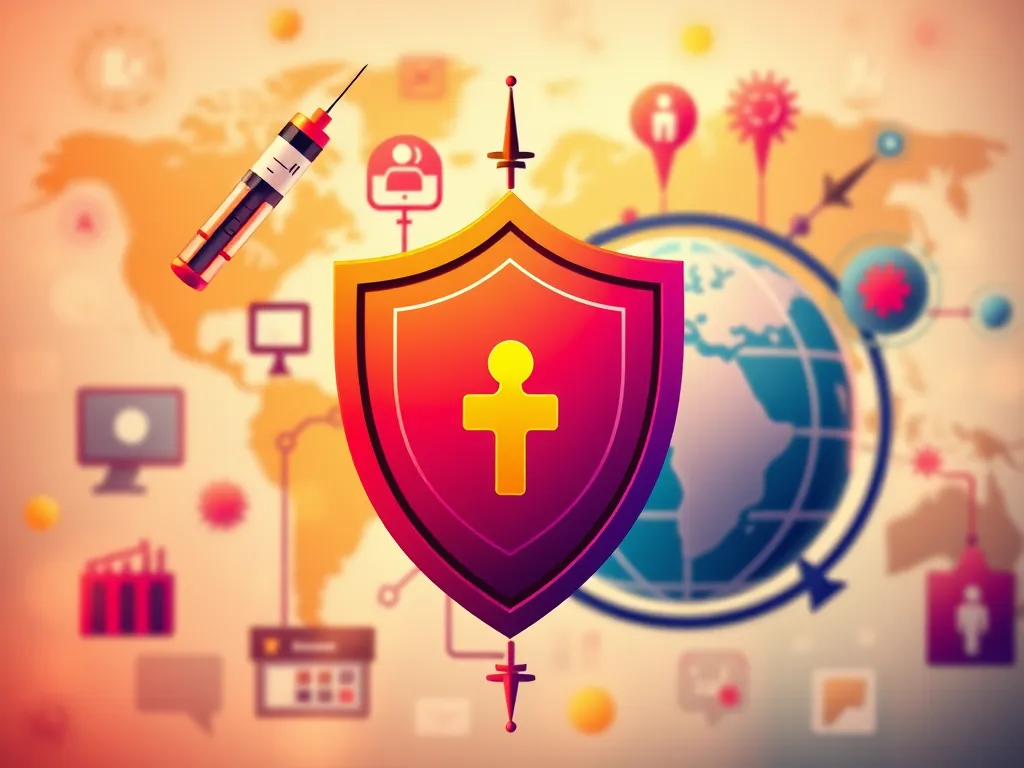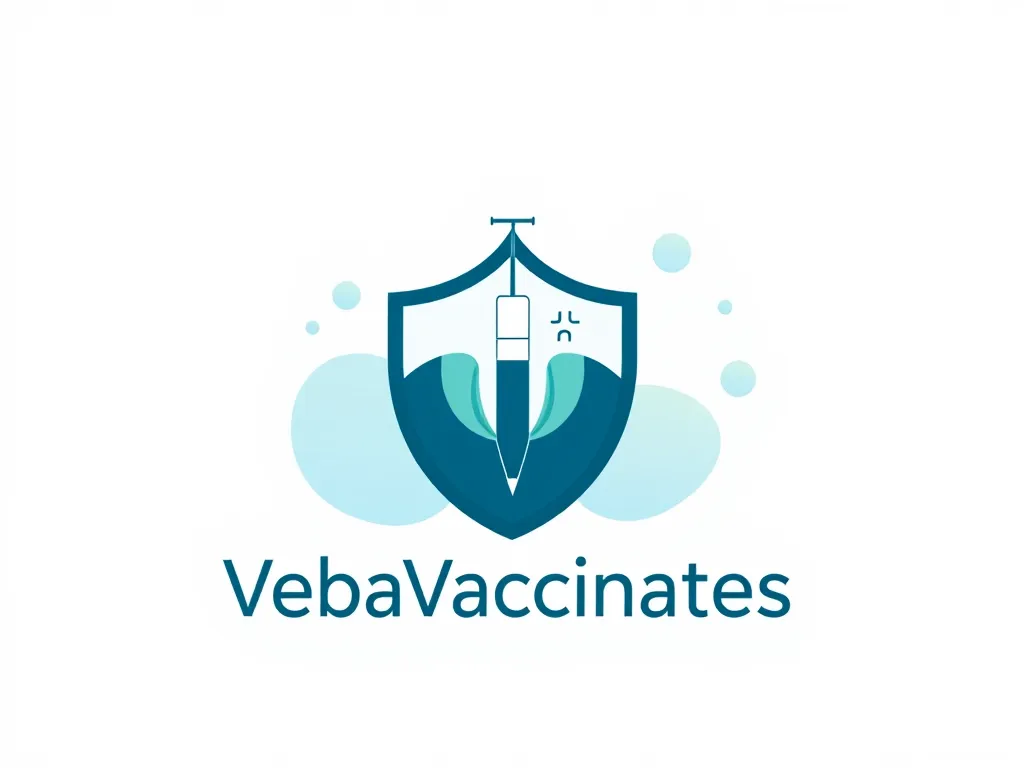A Comprehensive Guide to Accessing Reliable Immunization Services

Accessing Reliable Immunization Services
Accessing reliable immunization services is crucial for the prevention of various infectious diseases across populations. Immunizations not only protect individuals but also contribute to the concept of herd immunity, thereby protecting those who cannot be vaccinated due to medical reasons. This article aims to cover essential aspects of accessing trustworthy immunization services, ranging from understanding these services to identifying reliable providers, addressing barriers, and exploring innovative solutions.
Understanding the nuances of accessing reliable immunization services involves recognizing the importance of having a robust immunization framework in place. Reliable services should ensure that vaccines are available, safe, and administered properly, affording maximum protection to individuals and communities. Communities must be educated about the benefits and necessity of vaccinations to improve participation rates and establish a culture of immunization.
Accessing reliable immunization services requires awareness of various types of immunizations offered, from routine childhood vaccinations to adult immunizations and travel-related vaccines. Public health agencies, private clinics, hospitals, and pharmacies often provide comprehensive immunization services. Each of these settings may serve different segments of the population, highlighting the need for tailored outreach and communication strategies to ensure that everyone gets access to vaccines when needed.
Furthermore, the structure of immunization services, including scheduling, outreach programs, and follow-up care, plays a vital role in successful vaccination campaigns. Services that are easily reachable and user-friendly encourage higher participation and retention rates. Therefore, it's essential to map out the health resources available in a community so that people can have a seamless experience when seeking immunization.
In summary, accessing reliable immunization services is a multifaceted process that hinges on understanding the importance of vaccines, the types of services available, and the infrastructure supporting these services. By ensuring that the community is well-informed and prepared, we can significantly enhance the uptake of immunizations and improve overall public health outcomes.
Access to affordable and reliable Immunization Services is crucial for safeguarding public health and preventing disease outbreaks.
Understanding Immunization Services
Immunization services play a vital role in public health by preventing disease outbreaks. Vaccines have proven to be one of the most effective ways to shield populations from infectious diseases. These services need to be accessible, consistent, and backed by scientific evidence to assure the public of their effectiveness and safety.
Types of immunization services include routine immunizations for children, catch-up vaccinations for those who may have missed doses, seasonal vaccines like the flu shot, and travel vaccines for specific destinations. Each type serves a unique purpose and requires different levels of community awareness and accessibility.
Immunization services are usually structured around public health initiatives coordinated by local, regional, or national health departments. They may include mobile clinics, community vaccination events, and collaboration with pharmacies and healthcare providers, ensuring that vaccines are administered in the most convenient settings possible for the community.
Identifying Reliable Immunization Providers
To ensure that individuals receive the best possible care, it's essential to identify reliable immunization service providers by assessing quality indicators. This includes checked accreditation, certifications, trained personnel, and adherence to guidelines set by health authorities like the CDC or WHO.
Local providers can often address community-specific health needs and are familiar with the demographics they serve. However, national immunization providers bring consistency and a standardized approach across wider regions, which can be beneficial for those seeking uniform service levels regardless of their location.
Researching the reputation of an immunization provider is critical. Tools such as online reviews, word-of-mouth recommendations, and official health department ratings can provide insight into a provider's reliability, service quality, and patient satisfaction rates.
Barriers to Accessing Immunization Services
Financial barriers remain one of the significant obstacles for many in accessing immunization services. Costs associated with vaccinations, travel expenses to clinics, and lost time from work can deter individuals and families from seeking necessary vaccinations.
Geographical challenges can also impede access, especially for those residing in rural or remote areas where immunization facilities might be limited or non-existent. Transportation issues and long travel distances can create significant hurdles for communities in need.
Cultural perceptions surrounding immunization can further complicate access. Misinformation, vaccine hesitancy, and distrust in healthcare providers can pose significant barriers. Effective communication strategies that respect cultural differences and educate communities are vital for overcoming these challenges.
Innovative Solutions for Improved Access
Innovation plays a crucial role in overcoming access barriers to immunization services. The integration of technology, such as mobile apps for scheduling appointments and telehealth consultations, can greatly enhance the accessibility and convenience of ensuring vaccinations.
Community outreach programs focused on education and accessibility can create impactful changes. Mobile vaccination clinics and community engagement initiatives help reach underserved populations, providing vital immunization services where they are most needed.
Partnerships with local health organizations can serve to bridge gaps in immunization service delivery. Collaborations can enhance resource sharing, community trust, and create unified efforts in educating the population about the importance of routine immunization.
Monitoring Immunization Coverage
Tracking immunization rates is essential for understanding public health trends and identifying areas that require additional support. Monitoring coverage helps ensure that populations achieve and maintain herd immunity, a cornerstone of effective immunization strategies.
Various methods can be employed to measure immunization coverage, including surveys, data reporting from healthcare providers, and community health assessments. Each method provides valuable insight into vaccination rates and helps identify gaps in service provision.
The impact of coverage data on public health policy cannot be overstated. Accurate information helps policymakers develop strategies that encourage higher vaccination rates and provide resources to areas with lower coverage, ultimately improving public health outcomes.
